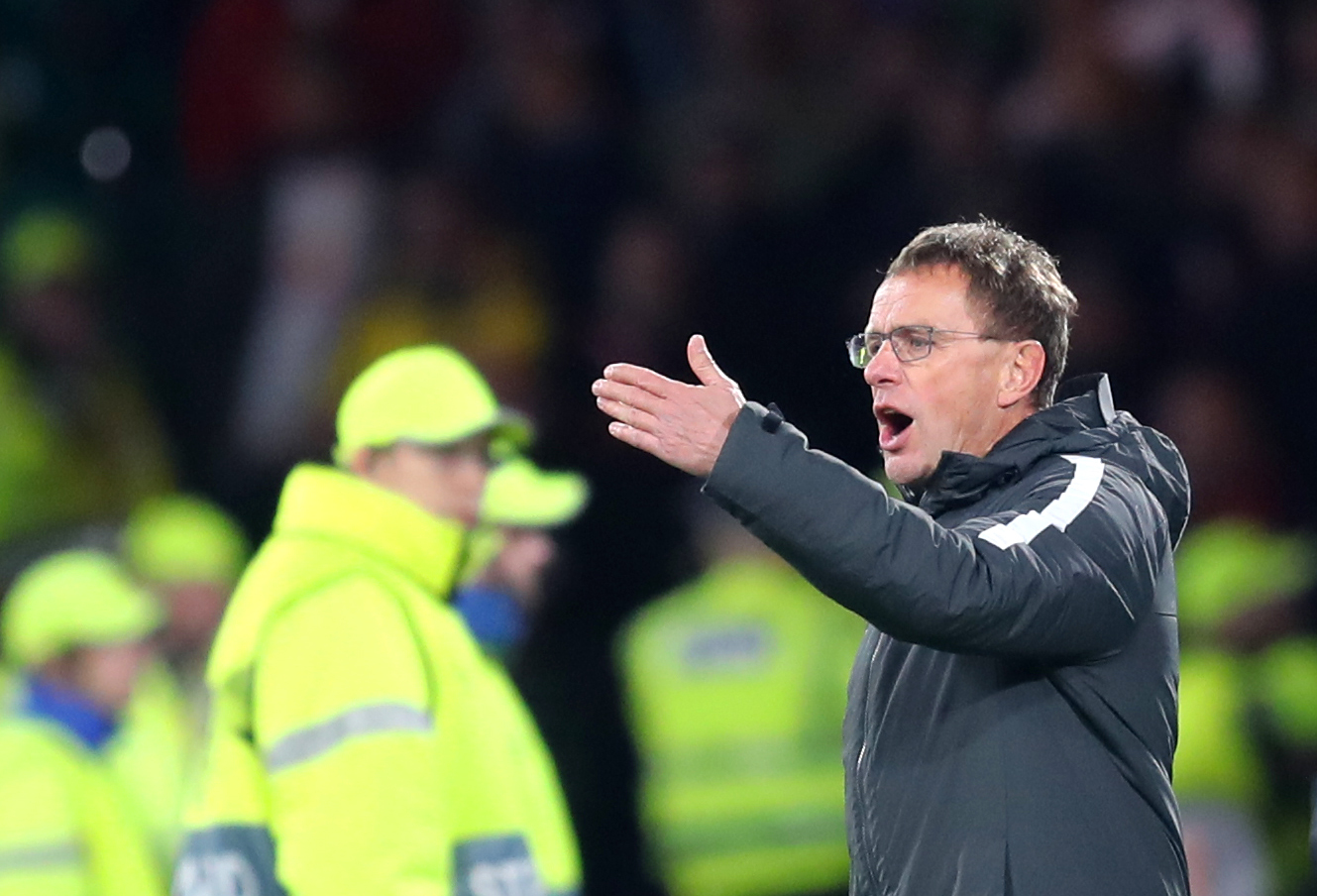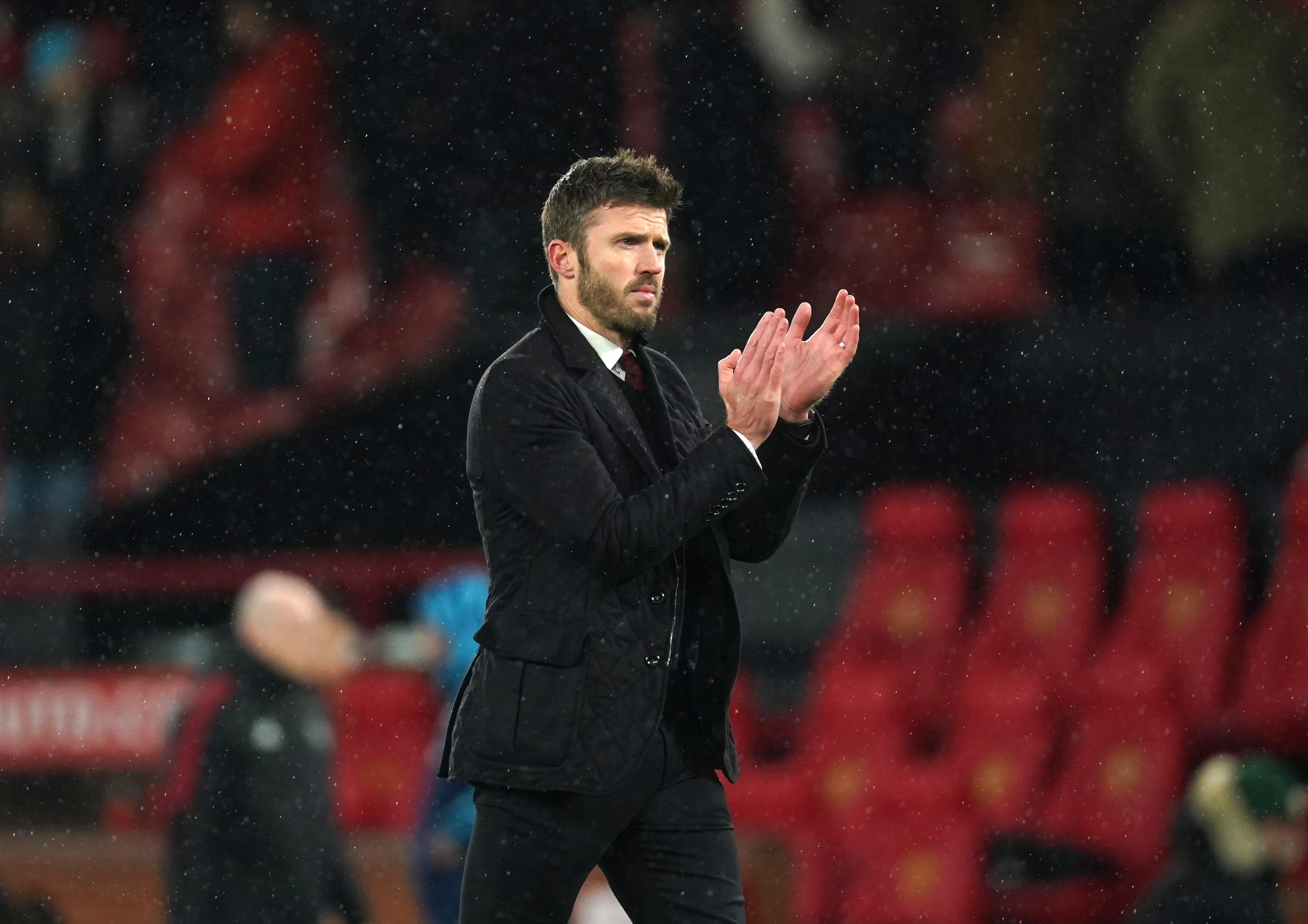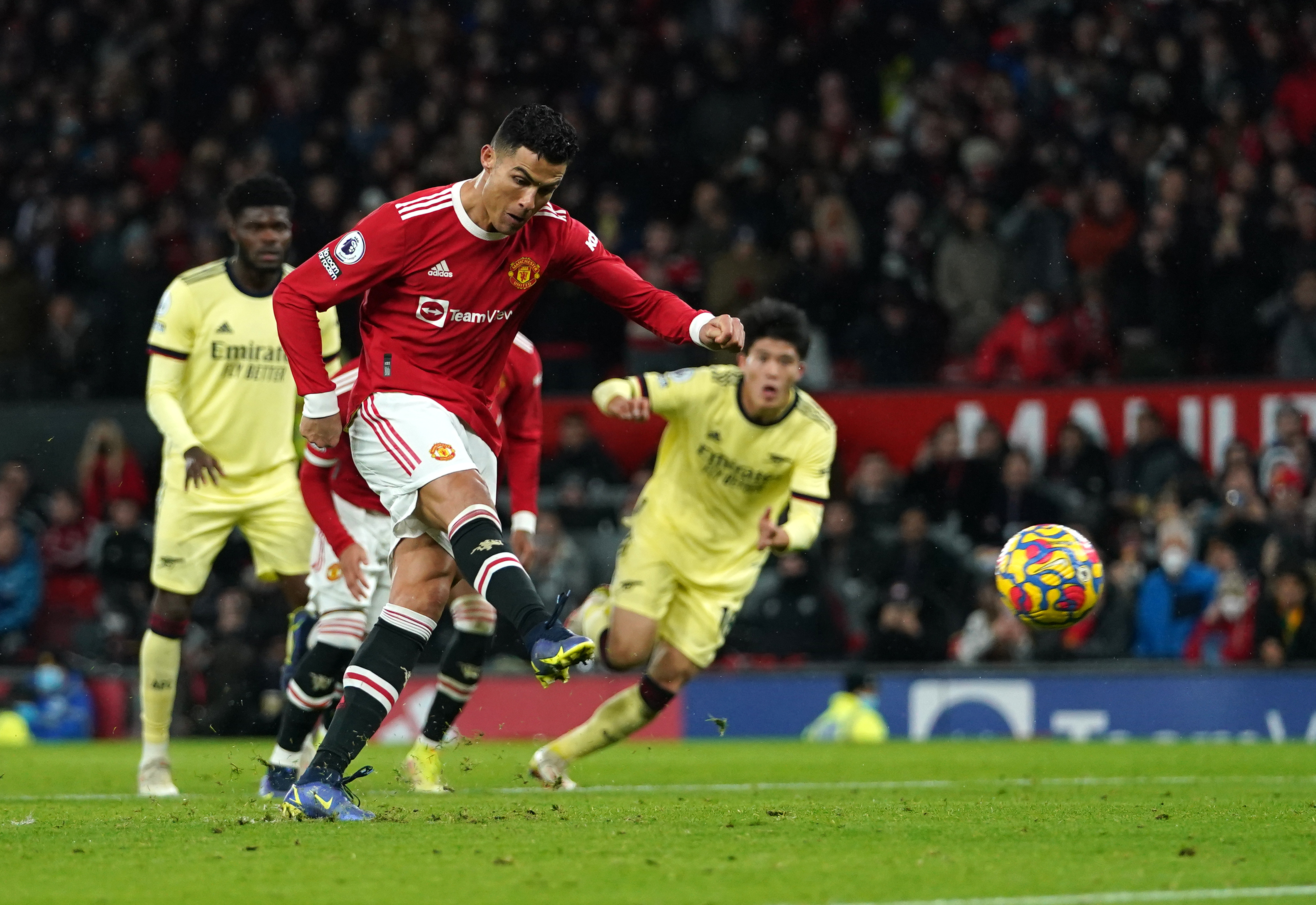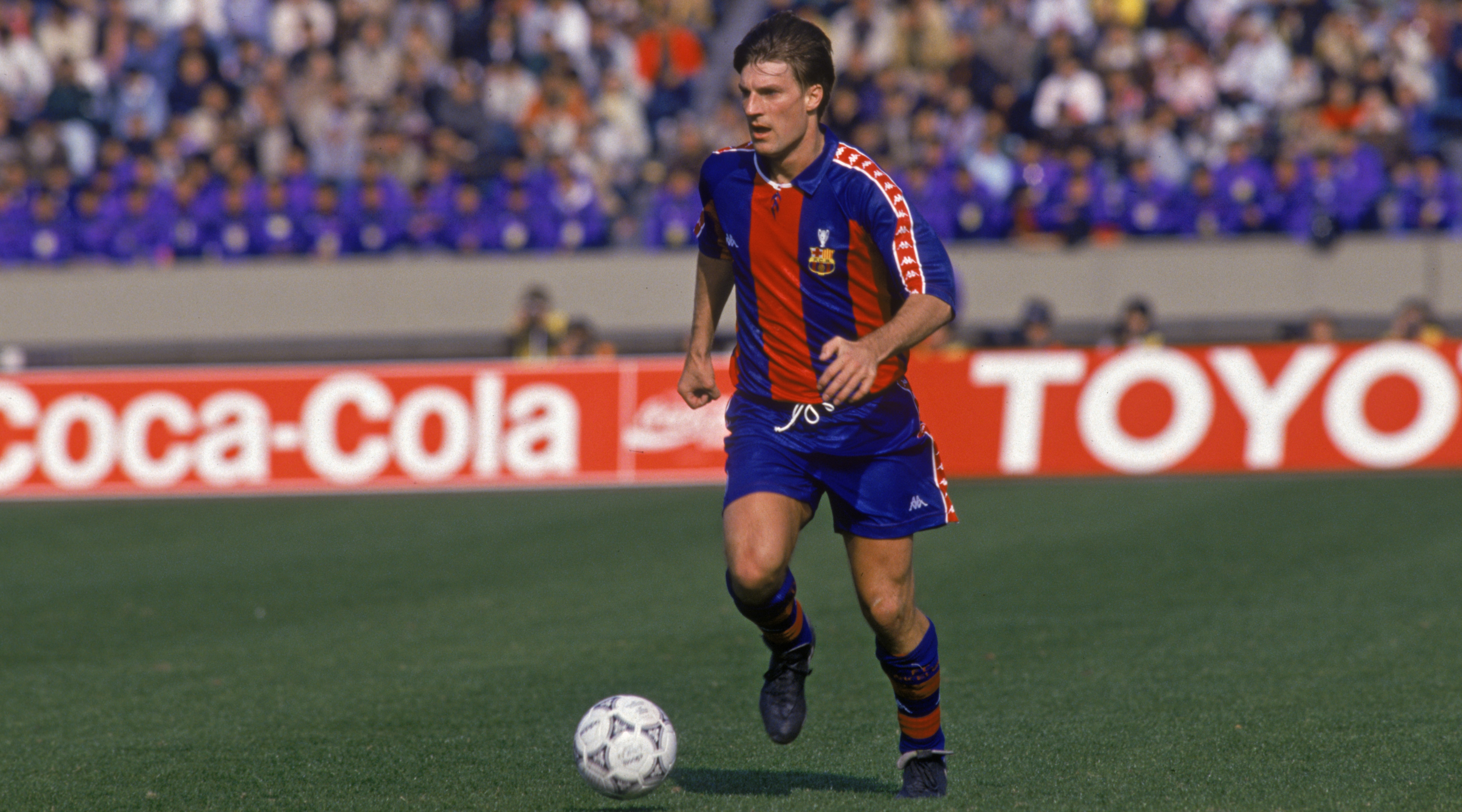Fixing the defence and playing with control – inside Ralf Rangnick’s unveiling

Ralf Rangnick set out his vision for Manchester United at his unveiling as interim manager on Friday morning.
Following the recent exit of Ole Gunnar Solskjaer, the highly-regarded German coach has been handed the reins until the end of the season as well as further two years as consultant.
Rangnick watched Thursday’s 3-2 win against Arsenal from the Old Trafford directors’ box and faced the media the following morning at United’s first in-person press conference since March 2020.
Here, the PA news agency looks at the plans and philosophy outlined during his lengthy, in-depth press conference.
What does Rangnick want to achieve during his time at the United helm?
📢 "It's the biggest club in the world. I'm more than excited to work here and I'm more than happy with this group." ✊#MUFC— Manchester United (@ManUtd) December 3, 2021
Sunday’s match against Crystal Palace will be his first as a manager since the German cup final in May 2019, when RB Leipzig lost 3-0 to Bayern Munich. Rangnick has spent more time as executive than coach over the past decade, most recently working with Lokomotiv Moscow, and said he could not turn down the chance to lead a club like United. He fell in love with English game when studying in Brighton during the late 1970s and appeared well-versed in United’s history, underlining the need for the club to be challenging for silverware. That is something that will surely only be possible in the FA Cup and Champions League this season given the gap to the Premier League’s top three, but cup success and a top-four finish is not beyond them if Rangnick can get the best out of this talented squad.
What does he need to do to turn things around?
🛬 Just landed: our first interview with Ralf Rangnick 👀— Manchester United (@ManUtd) December 3, 2021
Rangnick says he is “pretty well aware and acquainted” with what is happening at United, having watched the games against Watford – Solskjaer’s final match – and Chelsea on TV, as well as the Liverpool and Manchester City losses. The 63-year-old loved the atmosphere around Old Trafford as he watched the Arsenal win from the stands but stressed that Thursday’s match also underlined the issues at hand. “Yesterday’s game was exciting for the fans, even for myself, but as the future coach those are not the kind of games that we need every day,” he said. “Football, for me, is to minimise the coincidence factor and have control and gain control of a game. This is football, what it’s about. This my approach and I will try to help these outstanding, talented players to try and keep away from their own goal.”
How can he make an impact at such a frantic time?

Rangnick wants to play on the front foot and make United a more balanced unit, highlighting the need to shore things up at the back. There is also an acknowledgement that the high-energy, pressing style he is admired for will be hard to implement at such a frantic time. United have seven more matches in December, meaning video footage and mental preparation will be key to making tweaks before taking on Palace and beyond. Rangnick also intends to utilise the knowledge of the existing coaching staff, although he was will not be able to call upon coach Michael Carrick having left the club immediately after overseeing the win against Arsenal as caretaker boss. The German has also been in the unusual position of being able to pick the brains of his predecessor, with Solskjaer providing him with “all his inside details about the team” over the course of 90 minutes on Sunday.
The best features, fun and footballing quizzes, straight to your inbox every week.
How will the United squad respond to the new man?

This, Rangnick admits, is the biggest club he has ever worked at and a “massive challenge”. It will be interesting to see how he fares after such an extended period away from coaching position and how quickly his players adapt to his demands. Rangnick highlighted the need to “train the brain” in modern football and the importance of being malleable to get the best out of players like 36-year-old star Cristiano Ronaldo. “You always have to adapt your style or your idea of football to the players you have available, not vice-versa,” the new boss said. Rangnick was also asked about whether he would have to compromise in terms of style, but said the focus is on working together with the group and incremental improvements. “They have to follow not only my instructions but they have to buy into the idea that I can offer them how we should want to play in the future,” Rangnick said. “That is what it’s all about. It has to happen step by step. It cannot be done within one or two days like this [clicks fingers]. It will not work like that.”
 Join The Club
Join The Club





